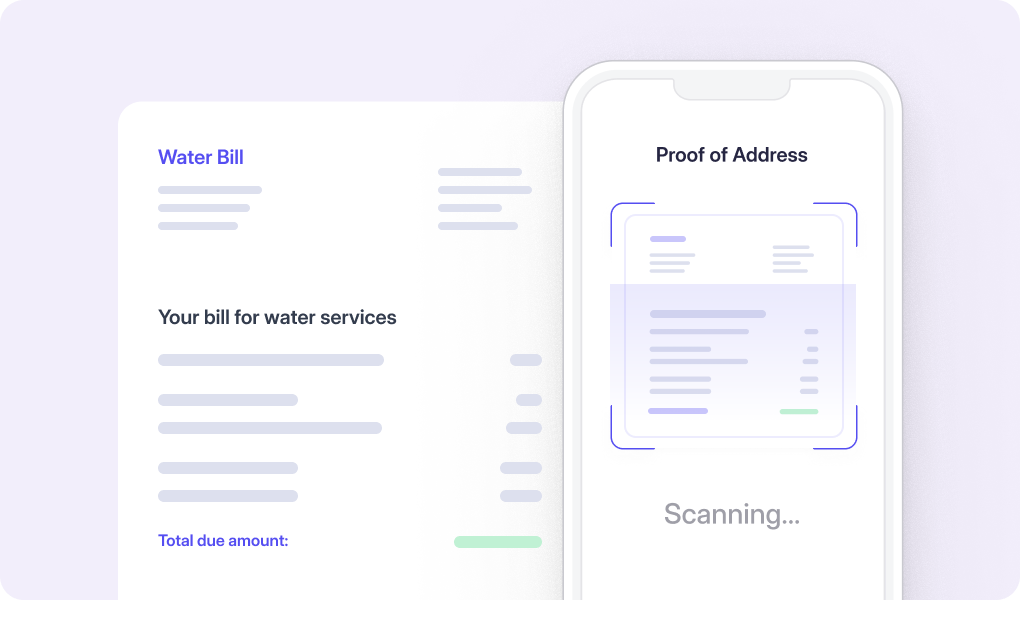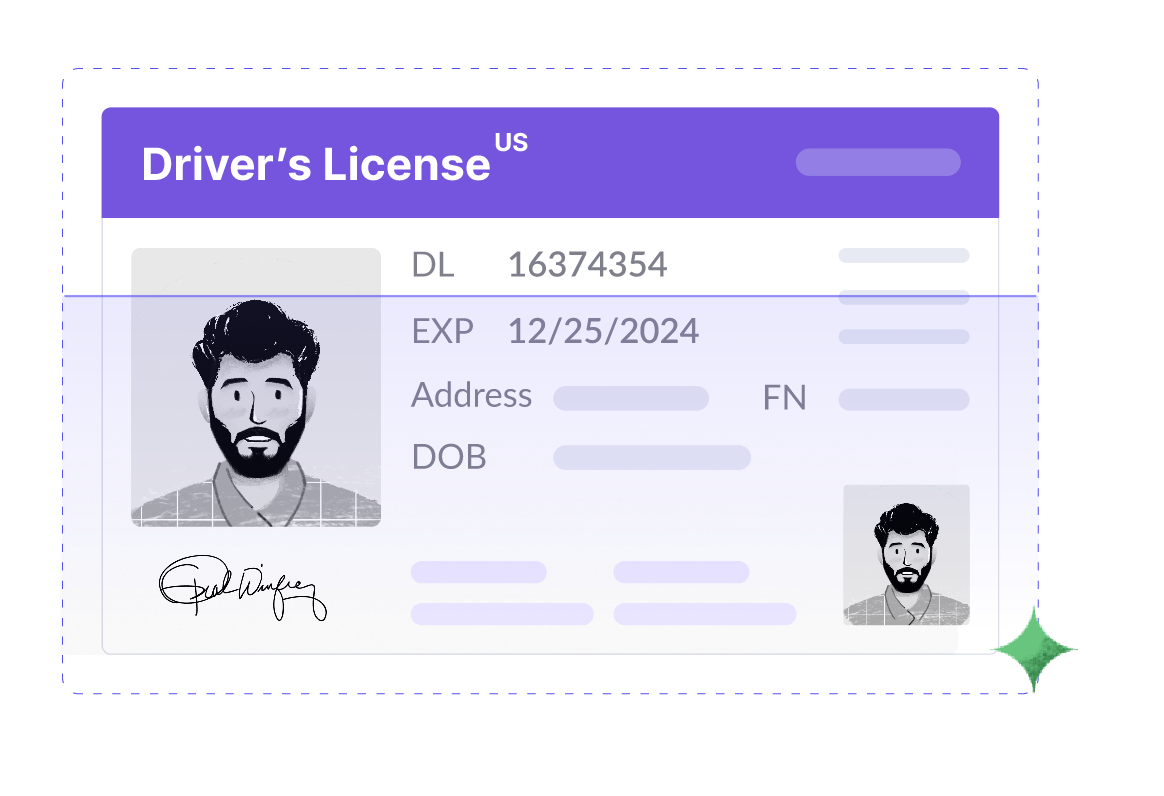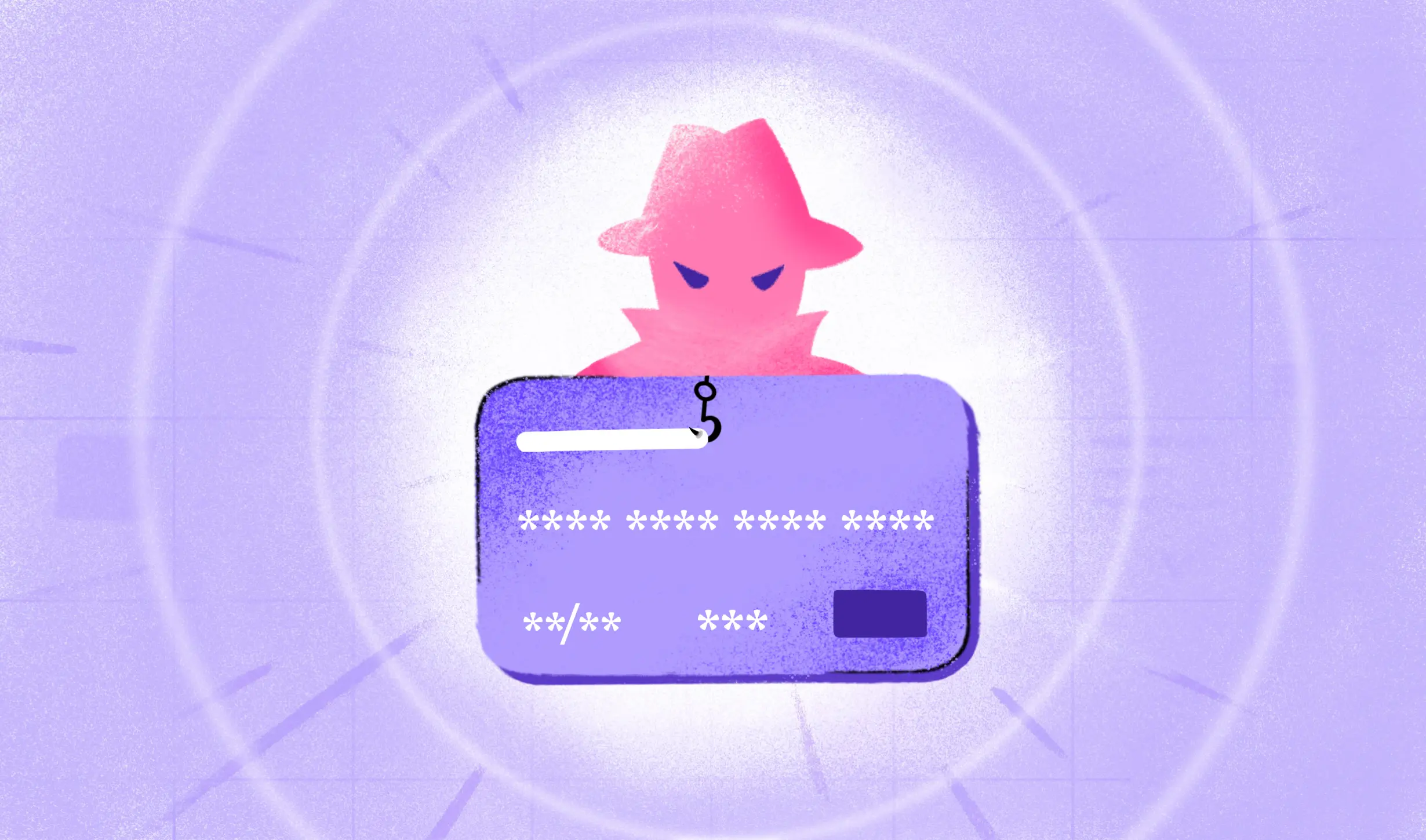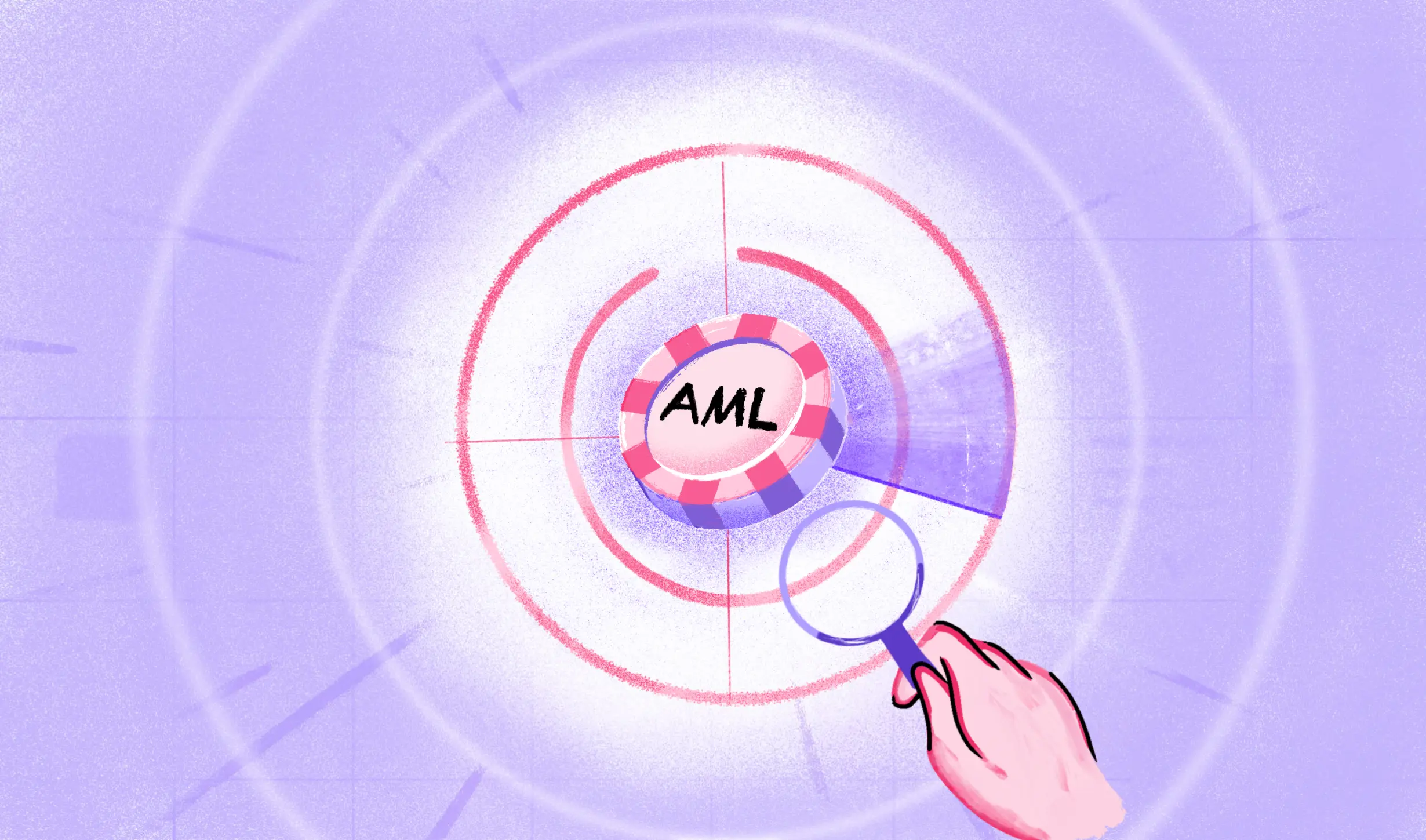Ever found yourself in a bind trying to prove where you live without a utility bill in hand? You’re not alone. In today’s fast-paced world, proving your address can be surprisingly tricky, especially when traditional methods like utility bills aren’t an option. Maybe you’ve just moved, prefer digital utilities, or simply don’t have bills in your name.
In this blog, we’ll go through 10 straightforward ways to establish your address proof, minus the hassle of traditional bills. Get ready to explore some creative, yet practical alternatives that will make your life a whole lot easier.
What is a proof of address?
A Proof of Address is a document that verifies where you live. This document is crucial because it serves as a key element in various official and legal processes.
Proof of Address is critical in practices like Know Your Customer (KYC) and Anti-Money Laundering (AML) protocols. These practices are essential in the financial sector and beyond, helping prevent fraud and ensuring the security of transactions. In KYC processes, Proof of Address is vital for address verification of individuals and to ensure they are indeed who they claim to be. This step is crucial in building trust and maintaining the integrity of financial transactions. Similarly, in AML efforts, verifying an individual’s address helps to prevent financial crimes like money laundering, as it adds a layer of security to the transaction process by confirming the legitimacy of the individuals involved.
Moreover, the role of technology, especially Optical Character Recognition (OCR) software, in streamlining the verification of Proof of Address documents cannot be overstated. OCR technology, plays a pivotal role in simplifying this process. By quickly and accurately extracting text from documents, OCR software enables faster and more efficient address verification, reducing the need for manual input and minimizing the risk of errors.
What makes a valid proof of address
A valid proof of address is a document that confirms where you live and is essential for various formal and legal processes. It should be recent (generally within the last three months), issued in your name, contain your current residential address, and come from a recognized authority like a bank, post office, or government agency. This document should clearly display the issuing authority’s logo, name, and information, ensuring its authenticity and reliability. In the context of financial institutions and banks, this validation is crucial for security measures and compliance with regulations like KYC and AML.

Why bills aren’t always an option to verify proof of address
Bills, traditionally used as proof of address, aren’t always practical or available for everyone. New residents might not yet have utilities set up in their names. College students often live in housing where bills aren’t in their name, and digital nomads typically don’t have a fixed residential address with associated utility bills. These situations highlight the limitations of relying solely on bills. It emphasizes the need for alternative methods of address verification that accommodate the varying lifestyles and circumstances of individuals in today’s mobile and dynamic world.
10 Simple ways to get proof of address without utility bills
In this section, we’ll explore 10 straightforward methods to establish proof of address, each with its own set of advantages and drawbacks.
1. Face-to-face verification
Face-to-face verification involves presenting your identification documents in person to a relevant authority. This method is highly reliable as it involves direct interaction, but it can be time-consuming and may not be feasible for everyone.
2. Bank account statements
Bank statements are a widely accepted form of address proof. They are easily accessible and reliable. However, they may not reflect recent address changes immediately in the bank statement.
3. Insurance papers
Insurance documents, like those from health or vehicle insurance, can serve as proof of address. These are generally reliable, but they might not always be updated with the most current address.
4. Government-issued ID
A government-issued ID, like a driver’s license, can be a valid proof of address. It’s an official and widely accepted document, though obtaining or updating one can be a bureaucratic process.
Read more: How to Verify a Driver’s License?

5. Tax records
Tax records are solid proof of address, especially for governmental or financial services. However, they are only updated annually and may not reflect recent moves.
6. Voter registration
Voter and voter registration card documents are another reliable form of address proof. The downside is they are updated only during voting registration periods and may not be suitable for urgent needs.
7. Vehicle registration
Vehicle registration documents show proof of address and are generally up to date. But, they’re only applicable if you provide proof that you own a vehicle and have updated your registration.
8. Education transcripts
For students, education transcripts can prove residency. They’re readily available from government agencies, but are only applicable for current students and may not be accepted by all institutions.
9. Employer verification
A letter of verification on your company letterhead stating your address can be used. It’s quick and easy, but its acceptance depends on the employer and confirmation letter’s credibility and the requesting institution’s policies.
10. Online verification
Online verification solutions offer a modern, efficient way to establish proof of address. They are quick and accessible, but their acceptance depends on the readiness of the financial institution to accept digital proofs.
The necessity of getting proof of address right
Accurately verifying proof of address is essential for detecting bad actors and preventing fraud. Traditional methods of providing proof of address, such as utility bills or even bank account statements, can be cumbersome and slow, often leading to a poor customer experience. This manual process is prone to human error, and the variety in document types and standards can create challenges in authenticity verification.
Modern solutions like online address verification have emerged to streamline this process. These technologies use data from utility providers, automate address verifications, and reduce the onboarding time from days to minutes. They offer a more efficient and secure way to verify addresses, ensuring compliance and reducing the risk of fraud. This approach not only improves the customer experience by removing high-friction manual checks but also enhances operational efficiency.
The imperative of a comprehensive identity verification solution
A holistic and customizable identity verification solution is not just a necessity; it’s imperative. HyperVerge stands at the forefront of this revolution, offering an end-to-end solution that simplifies and secures the identity verification process. With key features like advanced document verification, phone verification, and reliable database checks, HyperVerge ensures a seamless yet thorough vetting process. This comprehensive approach not only enhances security but also improves user experience, making it an essential tool for any business.
Ready to elevate your identity verification process? Explore HyperVerge’s innovative address verification services and sign up today to experience the benefits of a complete, cutting-edge solution tailored to your needs.
FAQs
What are commonly accepted proof of address documents?
Commonly accepted proof prove residency without bills of address documents include utility bills, bank statements, government-issued ID (like a driver’s license), tax records, voter registration cards, and vehicle registration documents. These items are generally recognized for their reliability and official status, making them widely accepted as proof of residence.
What does not count as proof of address?
Items that typically do not count as proof of address include personal letters, magazines, envelopes without official documentation inside, and online screenshots of bills or statements. Documents without your name, outdated documents, and informal paperwork are also not usually accepted as valid proof of residence.

 US
US
 IN
IN









